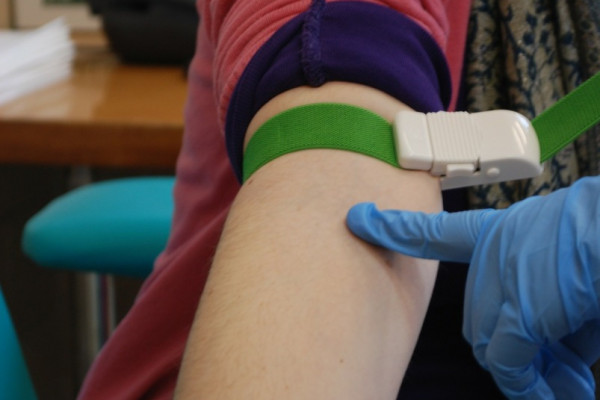What chemical fingerprints does COVID-19 leave in the bloodstream?
Interviews about Medicine
Interviews about medicine, physiology, pathology, bacteria and viruses, pharmacology, food, hormones, neuroscience and psychology...
How common is depression in cancer and is it affected by the type of cancer diagnosis?
Honeybees are used worldwide as pollinators, but as numbers dwindle their price is increasing. Could bumblebees...
How did Ebola and HIV first infect humans? Analysing viral DNA holds the answers to their evolutionary history.
New ideas in treating mental illness such as depression could mean that video games replace the iconic psychiatrist...
Bacteria are getting more and more resistant to antibiotics like penicillin. A way around this might be to use viruses...
One of a family of genes called Sirtuins, SIRT1 is one of seven human versions of genes found across pretty much all...
Michael Shannack has been studying fruit flies carrying an altered version of a gene called GSK3 which have longer...
I spoke to David Gems, professor of biogerontology at UCL, and asked him what we mean by “ageing" from a...
Sequencing your genes may mean better treatment but what happens to your genome once it has been sequenced? How is...
How facial recognition technology is helping diagnose rare diseases.
A gene that could cause a heart attack in one person, could have no effect on another. What could this mean for the...
Expanding waist lines puts people at greater risk of developing ten of the most common cancers.
In the news this month was a new study showing that gene variations linked to reading are also linked to maths.
And finally it’s time for our gene of the month, and in keeping with our theme of vision it’s Pax6.
At University College London’s Institute of Ophthalmology, Dr Rachael Pearson and her team are developing ways to...
To find out more about how organisms, including humans, detect light - through special cells called photoreceptors -...
There's lots of both good and bad press surrounding video games. But what should we believe?
Obese bears might help further our understanding of how to treat the growing epidemic of type 2 diabetes.
The microbes inside of our stomachs may be affecting our mood, and even behaviour...
What signals does our gut send our brain once we've eaten enough?
It's now a well known fact that noses contribute a lot to our sense of flavour, but what about our ears?
Why do foods like lamb and mint sauce go so well together, while other combinations cause us to cringe?
